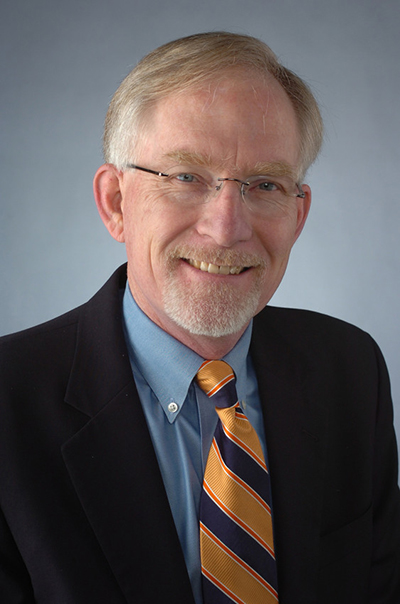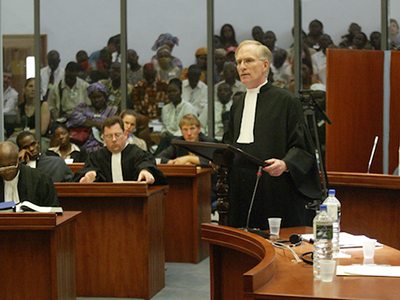Professor Nina Kohn Serves as Reporter for Two Uniform Acts
College of Law Distinguished Professor Nina Kohn is helping to create “gold standard” legislation on some of the most important issues facing older adults and individuals with cognitive disabilities. Based on her legal expertise, including in the area of elder…



